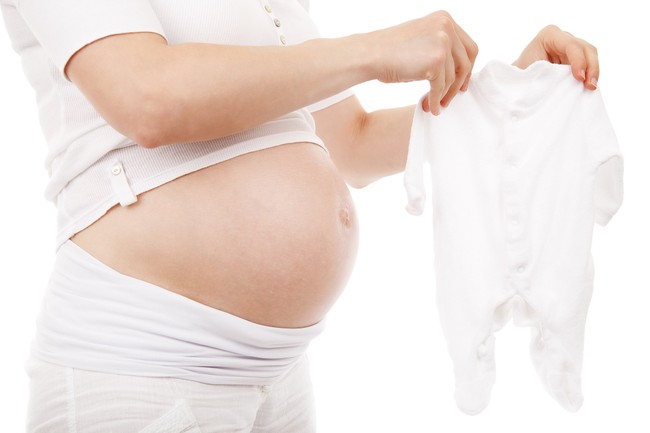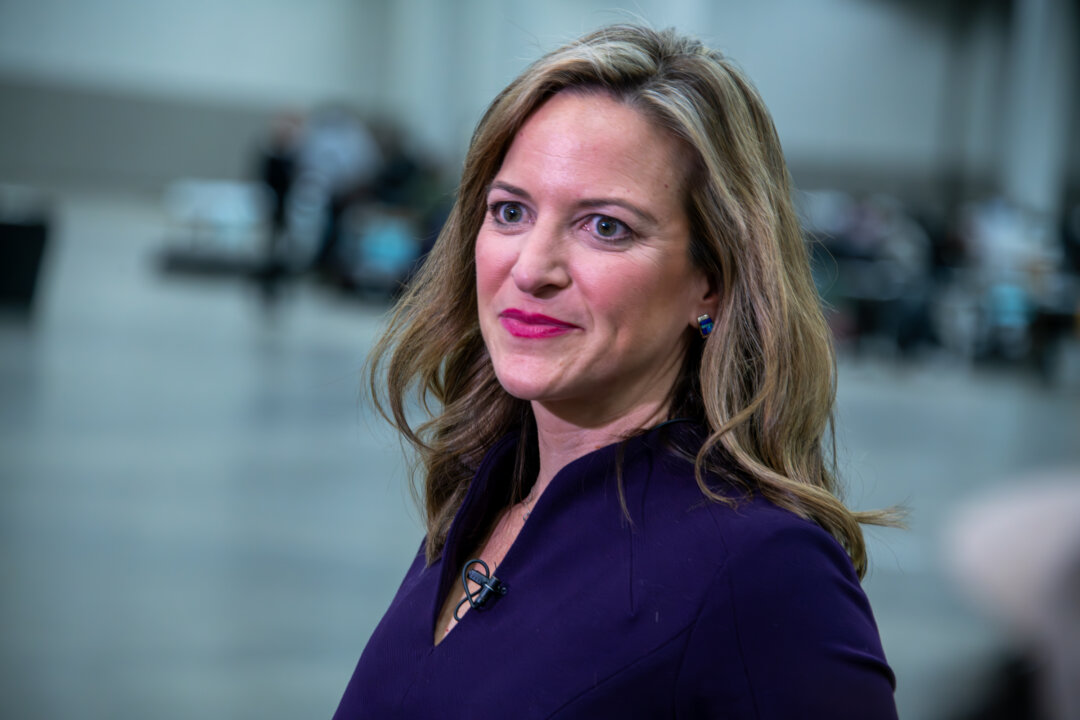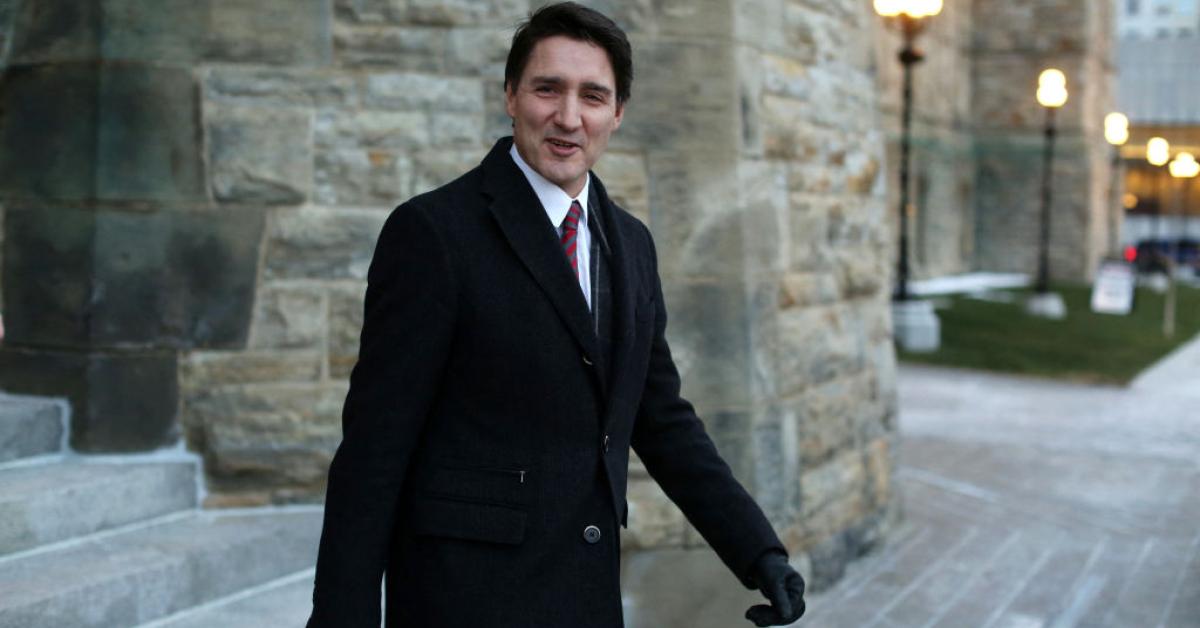The mantra “my body, my choice” appears to have been cast aside by New York Governor Kathy Hochul. She is staunchly defending a doctor who provided abortion pills illegally to a Louisiana woman, leading to the coerced abortion of the woman’s grandchild. The situation raises significant questions about the extent of support for abortion among Democrats.
It seems Democrats are increasingly transparent about their stance on abortion, prioritizing the act over the concept of choice. Every Senate Democrat recently opposed a bill aimed at banning infanticide, and Hochul is defending a doctor indicted for facilitating a forced abortion. This incident reveals their true intentions, which they have openly stated.
Christian Talk Podcast
The New York doctor, Margaret Carpenter, is facing charges, alongside a Louisiana woman, for their roles in this case. The woman’s teenage daughter was enthusiastic about her pregnancy and had plans for a reveal party. However, her mother ordered abortion pills from Carpenter, violating Louisiana’s abortion laws, and coerced her daughter into taking them.
The pills, mifepristone and misoprostol, not only ended the unborn child’s life but also put the teen mother in the hospital. Despite these severe consequences, Hochul is defending the doctor’s actions. This case exemplifies her commitment to shielding those who break other states’ laws regarding abortion.
Hochul recently signed legislation to protect abortion providers like Carpenter from facing legal consequences for their actions in other states. She declared that there was “no way in hell” she would extradite Carpenter to face charges. This defiance highlights her determination to support abortion providers at any cost.
The legal proceedings in Louisiana have been straightforward, resulting in indictments for both the mother and the doctor. Louisiana’s laws prohibit forced abortions and the distribution of abortion pills from out of state. Violations of these laws can lead to heavy fines and imprisonment.
An arrest warrant was issued for both the mother and the doctor, following a unanimous decision by a grand jury. While the mother has surrendered to authorities, Hochul promises that New York will remain a “safe harbor” for abortion providers. Her stance underscores a broader political battle over state rights and abortion laws.
Governor Hochul’s unwavering support for Carpenter is a clear defiance of the grand jury’s decision. She insists on protecting her state’s doctors, asserting their right to prescribe FDA-approved drugs. Her comments on social media reflect her stance against what she perceives as intimidation from other states.
The governor questions, “What has this country come to?” as she takes a stand against what she sees as an oppressive ideology. Her actions are rooted in a belief that New York must protect those providing reproductive health care. Yet, the debate continues over whether this protection comes at too high a moral cost.
Democrats, according to their critics, often choose to safeguard criminals rather than victims. Their perceived values are seen as aligning with disorder and lawlessness. The actions of Hochul and others in her party are interpreted as prioritizing a dangerous ideology over public safety.
The controversy surrounding Governor Hochul’s actions reflects a broader clash of values within the United States. Her refusal to comply with extradition requests emphasizes the divide between states with differing abortion laws. This incident illustrates the ongoing battle over reproductive rights and state sovereignty.
Hochul’s actions have provoked strong reactions from both sides of the political spectrum. Her supporters view her as a champion of reproductive rights, while opponents see her as defying justice. The situation serves as a flashpoint in the national conversation about abortion.
The legal and ethical implications of this case continue to unfold. As debates rage on, the focus remains on the broader implications for state and federal law. The case underscores the complexities involved in balancing individual rights with state governance.
Governor Hochul’s decision to shield Carpenter from extradition has sparked significant political discourse. The case highlights the tension between upholding state laws and protecting individual freedoms. This situation continues to fuel the national debate on the future of abortion rights.
As the legal process moves forward, the ramifications of this case are being closely watched. The outcome may set important precedents for how states handle similar situations in the future. This ongoing legal battle is a microcosm of the larger ideological divide in the country.
The discussion surrounding Governor Hochul’s actions is emblematic of the ongoing cultural and political shifts in America. Her steadfast defense of abortion providers reflects broader societal debates. The case remains a focal point in the national dialogue on reproductive rights and state autonomy.



